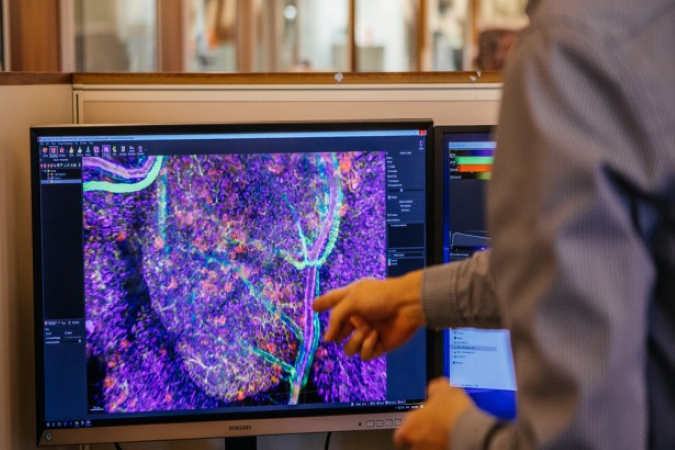04
Oct 2018
Lymphoma and Myeloma Treatments to be Subsided Through $48M PBS Listing
Published in General on October 04, 2018

More affordable drugs for Australians living with blood cancer are on the way thanks to the Federal Government’s recent announcement of $48 million in funding.
The Leukaemia Foundation is now celebrating the gift of greater funding, which will benefit around 700 people living with advanced follicular lymphoma. In reference to the new Pharmaceutical Benefits Scheme (PBS), CEO Bill Petch said, “Placing Gazyva on the PBS will mean people living with this disease will now pay $39.50 per script, or $6.40 for concession card holders, instead of paying around $104,000 a year.”
The price people are paying for their medication will be greatly reduced, making it more affordable in their daily lives. Mr. Petch goes on to say that “Recent global trials into the effectiveness of Gazyva showed the treatment can improve remission rates substantially” and that “Experts are hoping that improved remission rates is now translating into better cure rates.”
More people living with the disease will soon be able to access the drug at a subsidised price as the drug Pomalyst has been granted an extended listing for people living with multiple myeloma. Previously Pomalyst cost patients around $58,500 per year, limiting people’s access to the drugs they need to improve their condition.
According to Mr. Petch, “Access to these drugs will vastly improve the access and potential outcomes for Australians living with these diseases.” The PBS listing will provide the access people need to improved medical treatments. As Mr. Petch goes on to say, “Without PBS listings many people living with advanced follicular lymphoma and multiple myeloma would simply not be able to afford these improved treatments.”
Access to these latest medicines will be vital to efforts to improve remission rates in these diseases, which will work towards saving many more lives. The Leukaemia Foundation remains committed to gaining this access, seeking to improve treatment to all types of blood cancers.
Did you know? The Alfred Hospital’s Acute Leukaemia Research Group focuses on several haematopoietic transcription factors recurrently mutated in acute lymphoblastic and myeloid leukemias (ALL and AML) and their role in tumour suppressor gene function. The laboratory also uses leukaemias derived from mouse models to screen for genes critical to leukaemia maintenance, which represent potential novel drug targets.









